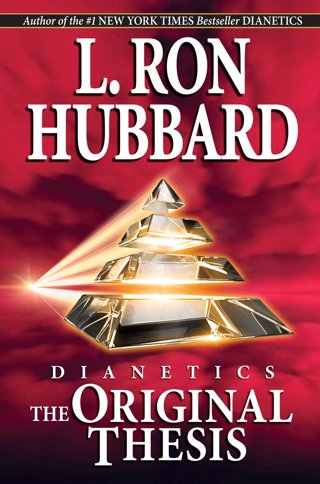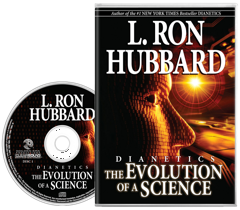See This Report about Dianetics
See This Report about Dianetics
Blog Article
Top Guidelines Of Dianetics
Table of Contents10 Easy Facts About Dianetics ShownDianetics - An OverviewEverything about Dianetics3 Simple Techniques For Dianetics
I could not ever before not wish to get anything that comes to mind for you- if it was otherwise, I wouldn't be sitting here with you, doing this. I not only could never ever have a problem, or not wish to listen to something that enters your mind for you, however I'm completely excited to understand every idea, every idea, every photo or sensation that arises or shows up for you- don't ever think otherwise, and if for one reason or another you do, please simply allow me understand! Occasionally, you might have a thought, and photo, concept or event appear that does not seem to address the inquiry, or associate with it, however nonetheless, constantly do tell me regarding it, and as we proceed, the relevance will arise for you.This is intrinsic in the basis of processing, and the topic of this discussion: the basic functions of the therapist and the customer: The standard role of the therapist is, as opposed to "conventional training", not to control, which suggests to enforce and/or hinder, yet to instead function from the basis of EMPOWERING THE CUSTOMER.

What Does Dianetics Do?
John Mcmasters shared this basic fact splendidly well in one of his lectures on Power handling, wherein he explains how he was asked what this "special flair" was that he had for offering such wonderful sessions; he needed to consider that for a minute, and found that it was what he wasn't doing, in addition to what he was doing: he had not been evaluating, judging, computer, or actually, producing any thoughts, not to mention spoken expressions, after providing the command and while waiting for the computer to finish their solution to their contentment; he was, just and only, being existing with the PC, and completely interested.
The function of the counselor, demonstrated; that was his "special flair". I have had my very own experience which instructed me this well, very at an early stage in the game. In 1982, having actually recently finished my training and teaching fellowship on New Era Dianetics, I was running this on a COMPUTER, and there was a point in the session where (being a little bit wet behind the ears not yet having numerous hours under my belt as a specialist auditor) the computer seemed to be "taking also long" to express anything vocally after I provided him a command.
This key ended up being the most important payment that John ever this post before made to the topic of therapy or bookkeeping (Dianetics). In my humble point of view, it is the greatest contribution that anyone has actually ever made to these subjectsthe application is entirely non-judgemental, non-evaluative, and without any kind of pointer, recommendations or opinion.no preconditioned program for individuals, or 'degrees' that they should do
In Scientology we prided ourselves on not evaluating for individuals. All that truly indicated was that the auditor did not Vocally examine for the PC in session.
6 Easy Facts About Dianetics Explained

Anybody that had ever seen John audit could not assist but see a distinct quality in his bookkeeping."The client's fundamental function is to be there with the objective of moving in the direction of their spiritual goals, and to easily and totally express and experience whatever materializes for them in Continued answering the concerns and carrying out the directions in the processing.
This is something to procedure as required. Additionally, individuals often have previous experience and/or indoctrination in auditing/processing which, in some methods, and to some levels, in fact misinforms them right into mindsets, concepts and behavior patterns that stop the full understanding of these duties, and so they will certainly often tend to inhibit the expressing of what comes to mind, as in the instances provided over - Dianetics. * The very first, and maybe primary examples of mis-indoctrination leading to much less than entirely smooth and reliable sessions, can be discovered in particular facets of the training routines, or "TR's":"TR's" are typically a person's initial, or at the very least early, experience in Scientology, and while I will go on to discuss what I view as the imperfections in principle and method, however, tend to be significantly healing, done as they are provided (Hubbard insists that "TR's are not processing, they are educating", yet factually, they are both processing AND training)
Alan Walter made similar observations, and enhanced these with his "Visibility Processes". There is no "flunking", and no rejection of the truth of this being handling. The emphasis, as it ought to be, gets on experiencing the other Your Domain Name individual's presence. All the indications which obtain a "flunk" in doing "TR-0" are merely the being's efforts to stand up to the other person's existence, and instead than being bothered and nagged with "Flunk", which enforces "failure!" on the being, one merely needs to be encouraged to "stick their feet in the water a little much deeper", to progressively restore their ability and desire to completely share and experience "being here", or "existence", with others.
The Best Strategy To Use For Dianetics

Report this page